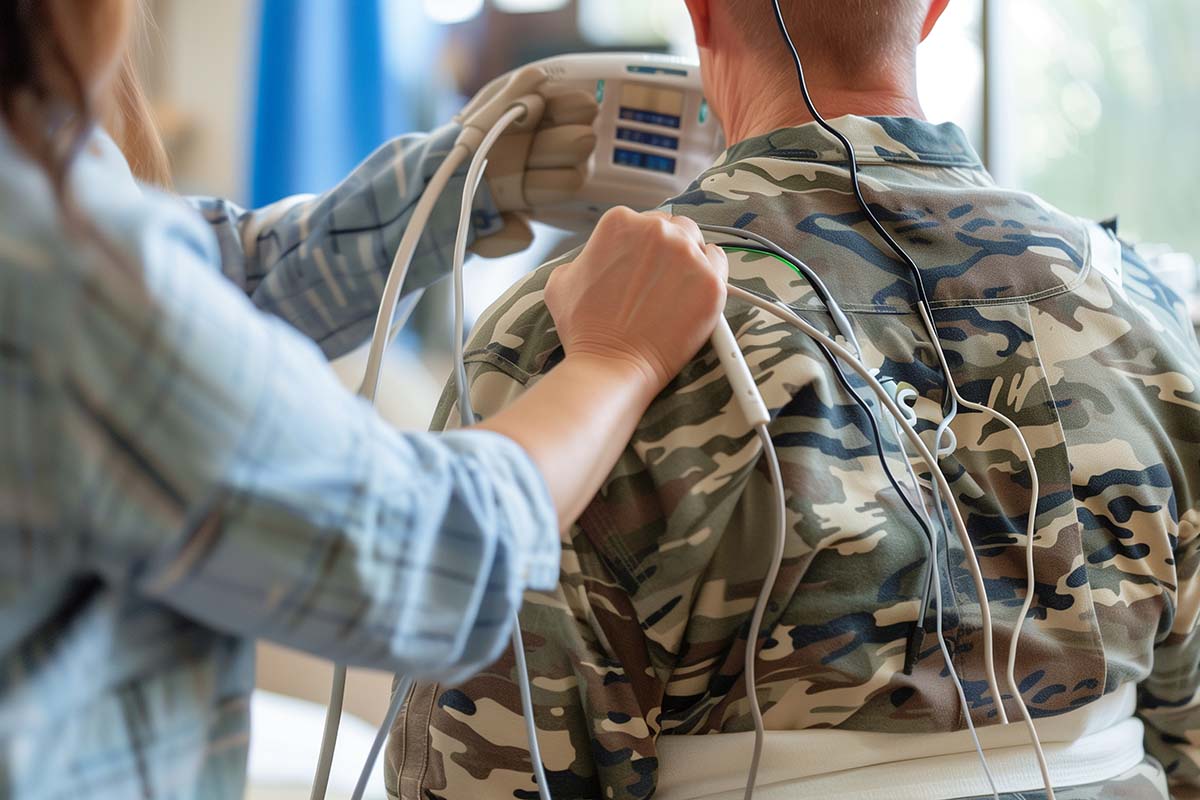Veterans face unique challenges during their transition to civilian life, and these often extend into the healthcare system. From physical injuries sustained during service to mental health conditions such as post-traumatic stress disorder (PTSD), veterans require specialised care that acknowledges both their past experiences and current needs. At the heart of effective veteran medical solutions lies empathy, understanding the lived experiences of these individuals to provide care that not only treats symptoms but addresses deeper emotional and psychological dimensions.
Empathy in healthcare isn’t just about listening to someone’s story, it’s about tailoring practices to meet their specific challenges. For Australian veterans, this means acknowledging the diverse range of experiences they bring, from domestic peacekeeping roles to international deployments in conflict zones. By incorporating an empathetic approach, healthcare providers can offer personalised solutions, ensuring no veteran feels overlooked or misunderstood.
The significance of empathy becomes even more apparent when we consider the barriers many veterans face accessing care. Misunderstandings about military culture, feelings of isolation, or systemic gaps in healthcare services can all contribute to veterans not seeking or receiving the help they need. Understanding their perspective not only helps providers improve veteran medical outcomes but strengthens the trust necessary for ongoing care.
Understanding the Veteran Experience
Australian Defence Force (ADF) veterans often carry the weight of unique mental health burdens. Conditions like PTSD, depression and anxiety are common, particularly among those exposed to combat or traumatic incidents. However, mental health is only part of the picture. Chronic pain, physical disability, and service-related injuries are prevalent and require multidisciplinary approaches to treatment.
Veterans often report feeling that civilian healthcare providers may not fully grasp military culture or its impact. This can leave patients feeling alienated, making empathy essential in bridging these gaps. Practitioners with a better understanding of the veteran experience can adapt their communication and care strategies in a way that resonates deeply with their patients.
Empathy also facilitates the early recognition of warning signs for more serious health issues. Many veterans are hesitant to openly speak about their struggles, particularly when it involves mental health. Creating a supportive environment through empathetic care can encourage earlier and more honest reporting of symptoms.
The Role of Empathy in Addressing Complex Needs
For many veterans, healthcare is not simply about treating illness; it’s about restoring quality of life. Empathy allows providers to see the bigger picture, connecting physical, mental, and social health. For instance, veterans suffering from PTSD may also experience insomnia or chronic pain. An empathetic provider recognises these interconnected issues and creates a plan to address them holistically.
Furthermore, empathy plays a critical role in reducing stigma. Mental health, in particular, remains a sensitive subject. Veterans often report feeling judged or misunderstood. By fostering a non-judgemental, caring environment, healthcare professionals can help veterans feel seen and valued, key to ensuring they remain engaged in treatment.
Putting Empathy into Practice
Practising empathy doesn’t require advanced expertise, just a commitment to understanding and responding to the experiences of others. For healthcare professionals working with Australian veterans, this means not only listening actively but also learning about the military context unique to Australia’s Armed Forces history. Utilising tools such as trauma-informed care, sensitivity training, and peer-support initiatives can further enhance the delivery of empathetic services.
Whether it’s through greater collaboration between providers, navigating accessibility barriers, or simply taking the time to connect on a human level, practising empathy can transform the healthcare experience for Australia’s veterans. When done effectively, it ensures every veteran receives the dignity, respect, and care they deserve.
By putting empathy at the centre of veteran healthcare solutions, Australia can build a more inclusive, compassionate system, one that truly honours those who have served.

